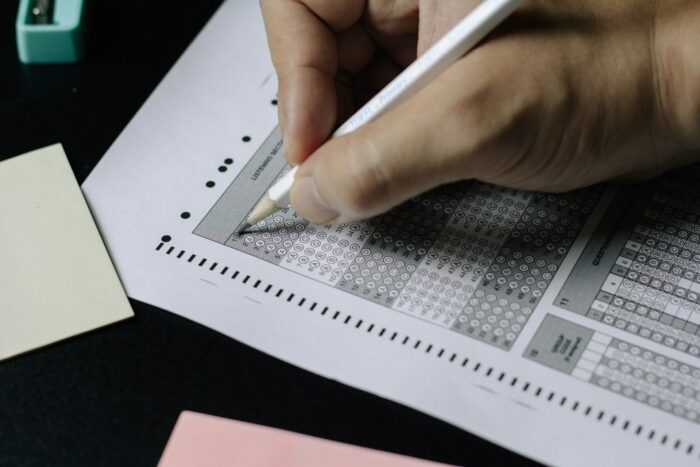Success Academy experienced its humble beginnings in 2006, as a charter school in Harlem for economically disadvantaged students who could not attend the wealthier elementary schools because they lived outside the appropriate school zone. It provided these students with the necessary support to ensure academic success that their families might have otherwise been unable to afford. Success Academy’s extensive efforts have yielded impressive results. It boasts some of the highest standardized test scores in the state, outperforming surrounding public schools and surpassing state averages. However, these impressive results come at a cost to both teachers and students.

Photo by Nguyen Dang Hoang Nhu on Unsplash.
Teachers, often fresh out of college and non-unionized, frequently work up to 11-hour days and experience constant scrutiny from the school’s principal. The environment is intense to say the least, with teacher evaluations based on student performance. When a teacher’s class performs below satisfactory, the teacher is encouraged to practice better teaching methods. If the class fails to improve, they are subsequently demoted. Former Success Academy teacher Rachel Tuchman stated, “It takes a very specific type of person who can handle the pressure.” Unfortunately, that specific type of person proves to be exceedingly rare, as certain Success Academy schools possess a teacher turnover rate of around 17%, compared to the public school turnover rate of 6.1%. Many teachers who left did so because they could not handle the emotional stress that arose from how they were expected to treat their students. They criticized the school network for their harsh disciplinary practices, such as publicly posting student scores and refusing to let them go to the bathroom during practice tests.
Teacher departures are a common experience at Success Academy. However, the negative impact on student performance that usually correlates with high teacher turnover rates simply does not apply to this school system. On the contrary, Success Academy students appear unfazed by the changes, at least according to their test scores. One Success Academy School that shares space with a New York public school achieved a passing rate of 96% on a math test last year. Comparatively, the adjoining public school achieved a passing rate of only 4% on the same test.
However, as impressive as their scores are, Success Academy’s performance on standardized state tests can only speak to the short-term success of the students. As their first cohort of students have yet to graduate high school, the long-term impact of such a curriculum cannot be evaluated. Until then, the Success Academy system will likely remain a recurring topic of debate within the world of education in New York.
Categorised in: Uncategorized
This post was written by Melissa Yu
